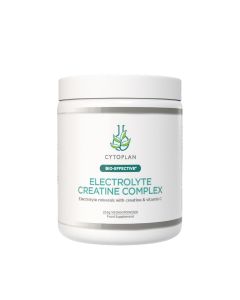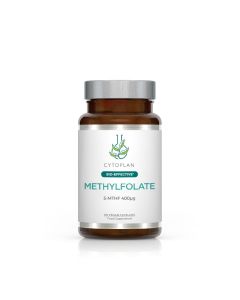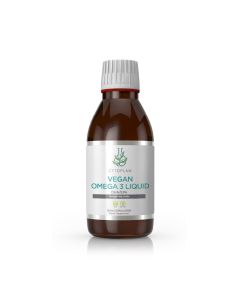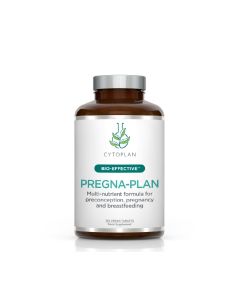Pregnancy over 40
Over the last decade, the conception rates for women over the age of 40 have increased by almost 20% in England and Wales. Indeed, while overall pregnancy rates in the UK seem to be declining, women over 40 are bucking the trend and the number of pregnancies in this group have more than doubled since 1990. According to the Office for National Statistics, this increase may be due to women prioritising their careers or engaging in further education, as well as the rising costs of having children.
Formerly known as “geriatric pregnancy”, now (thankfully) referred to as advanced maternal age, much of the information about pregnancy in the late 30s and 40s tends to focus on the increased risks of pregnancy complications and negative birth outcomes, as well as reduced levels of fertility with advancing age. While there are increased risks associated with delaying pregnancy until your 40s, it is perfectly possible to have a happy, healthy pregnancy and birth, and below we will discuss some of the key nutrients that can help mums-to-be in this age group have a positive pregnancy.
While ensuring optimal nutrition is key for any women planning on falling pregnant, and a comprehensive pregnancy multivitamin and mineral supplement should always be the first supplement you put in place, there are a few key nutrients that are particularly supportive for women over 40 during preconception and pregnancy:
CoQ10 is a naturally occurring substance, found in virtually every cell in the body where it plays an essential role in energy production and has antioxidant properties to protect our cells from oxidative damage. As we get older, our COQ10 levels naturally decline, and when we consider that reproduction is a very “energy heavy process” it makes sense that CoQ10 can be supportive for conception as we reach our 40s. If you are already pregnant, we wouldn’t recommend introducing CoQ10 without speaking to your doctor first.
The omega-3 fatty acids EPA and DHA, as found in oily fish can help to support infant development and a healthy pregnancy at any age, but ensuring excellent levels of these nutrients may be even more important for women over 40. DHA in particular, is a critical component of cell membranes in the brain and retina and is essential for foetal development but has also shown benefits to several pregnancy outcomes and may help to mitigate some of the risks associated with pregnancy over the age of 40. If your diet is low in omega-3 fatty acids, it is a good idea to start supplementing with a DHA rich omega-3 supplement when you start planning pregnancy as it can take some time to reach optimal levels to support both mum and baby.
Methylfolate, the active form of folic acid, is an excellent option for those wanting to support a healthy pregnancy. It is thought that approximately 40% of the population have a genetic polymorphism that impairs the conversion of supplemental folic acid into this active form. Taking the bioavailable form of a nutrient means that adequate amounts will be absorbed, ready to be used by the body straight away. In pregnancy, folate is well known for its role in preventing neural tube defects but has also been shown to reduce the risks of several pregnancy complications. It is recommended that you start supplementing with 400mcg of folate as soon as you start planning to fall pregnant.









